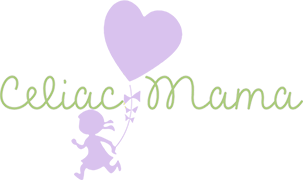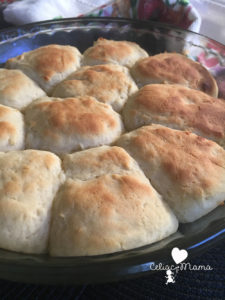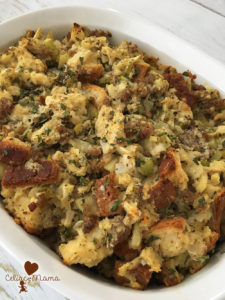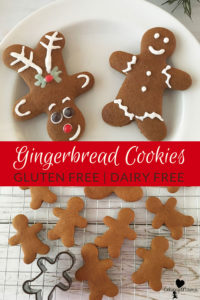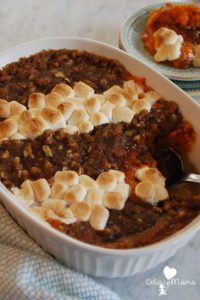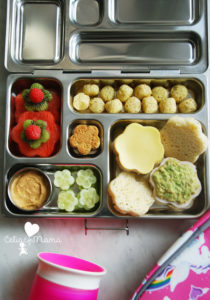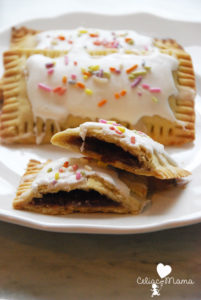How To Make Your Kitchen Gluten Free
Having a safe kitchen is a must when a family member has celiac disease. The easiest (and least confusing!) way to do this is to make the entire kitchen and pantry gluten free. It’s easier because you don’t have to worry about cross contamination; whereas, in a shared kitchen there is a lot of extra cleaning and disinfecting that needs to take place, not to mention a lot of thrown out sponges and porous utensils or cutting boards when gluten accidentally comes in contact with a gluten free item in your kitchen.
Let’s start with What to Throw Away:
- Any foods that contain gluten in them (wheat, barley, rye) or foods that are prepared on shared equipment with wheat, or foods that have come in contact with these things (i.e. jam that had a knife in it that had been spread on wheat toast)
- Sponges
- Porous cooking utensils and appliances, such as strainers/colanders, sifters, toasters/toaster ovens, wooden spoons, plastic utensils, cookie sheets, slotted metal spoons, wooden rolling pins and cutting boards. Why? Because these items are very difficult to clean because they have nooks and crannies where gluten can get stuck.
- Nonstick pots and pans and iron pans, as gluten can get trapped in the scratches
- Spices that are not labeled gluten free, as gluten is often used as an anti-caking agent and it is NOT disclosed to customers in most cases.
Now that you’ve cleaned out the gluten harboring items in your kitchen, it’s time to thoroughly wipe down your refrigerator, counter tops, and sink.
Shared Kitchen
If it is too difficult to have a gluten free kitchen, and some family members want to have gluten, then you’ll need to set up a shared kitchen. In this instance, I recommend setting up a separate, gluten free area in your kitchen, refrigerator, and pantry. As often times gluten containing products can make crumbs, or flours can spill, it is best to put the gluten free items on the top shelves to prevent cross contamination. Disinfecting and a lot of extra cleaning can take place when mistakes are made and glutenous items get into gluten free areas, so it is best to clearly label the food and cookware that is gluten free to reduce confusion.

